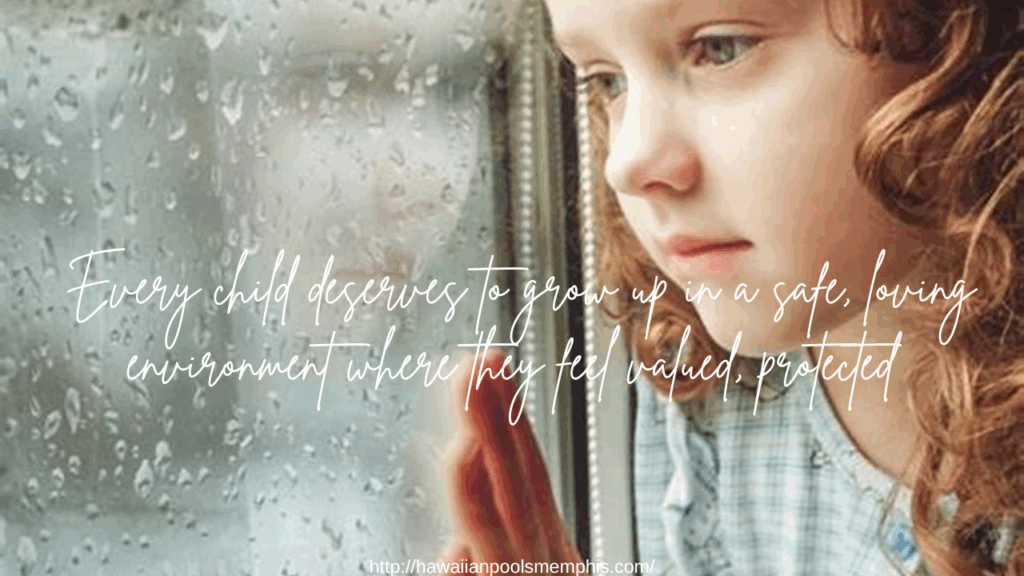
Every child deserves to grow up in a safe, loving environment where they feel valued, protected, and free to explore their potential. Yet for millions of vulnerable children around the world, this basic right is far from reality. Faced with abuse, neglect, homelessness, or the loss of family, these children are often left to navigate a world that seems uncertain and unkind.
This is where a safe haven becomes not just a shelter—but a lifeline. Providing love and support to vulnerable children isn’t only about offering a roof over their heads; it’s about restoring hope, dignity, and the belief that they matter.
Understanding Vulnerability in Childhood
Children are incredibly resilient, but they are also deeply affected by the environments in which they grow up. Exposure to trauma, instability, or abandonment can have lasting effects on their emotional and physical development. These early experiences can impact everything from school performance to the ability to form healthy relationships.
Vulnerability doesn’t always wear a visible face. Some children suffer quietly—dealing with hunger, emotional neglect, or violence behind closed doors. Identifying and reaching out to these children with compassion and care is the first step in changing their story.
What Makes a Safe Haven?
A true safe haven provides more than physical safety—it offers emotional security, consistent care, and a sense of belonging. It’s a place where children are not judged for their past but embraced for who they are. Whether it’s a foster home, group shelter, community center, or a school-based support program, a safe haven is built on the foundation of trust and love.
Staff and caregivers in these environments play a critical role. With patience, empathy, and understanding, they help children rebuild their sense of self-worth. They listen, nurture, and encourage—offering stability where there once was chaos.
The Power of Love and Connection
Love is a transformative force. When vulnerable children receive unconditional care, they begin to heal. A hug, a kind word, or someone showing up day after day creates a powerful sense of security. These connections teach children that they are not alone, that they are important, and that better days are possible.
Building this emotional safety takes time, especially for children who have learned not to trust. But with consistent love and support, even the most wounded hearts can mend.
Supporting Growth and Empowerment
Beyond safety and emotional care, safe havens also foster growth. They provide access to education, counseling, life skills, and opportunities for creative and social development. Children are encouraged to discover their interests, pursue their dreams, and set goals for the future.
This empowerment is key. It turns passive survival into active thriving. Vulnerable children begin to see themselves not as victims of their past, but as authors of their future.
Conclusion: Every Child Deserves a Haven
A safe haven can be the turning point in a child’s life. It is a place where love heals wounds, where support builds strength, and where hope is reignited. When we commit to providing these sanctuaries for vulnerable children, we don’t just change lives—we save them.
Every child deserves that chance. Every child deserves a safe haven.